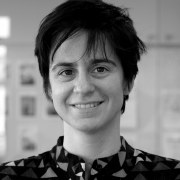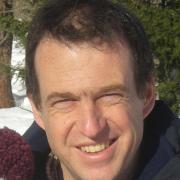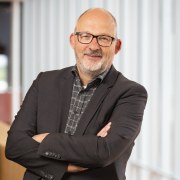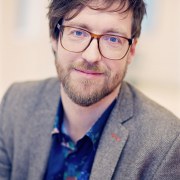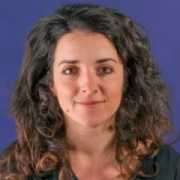Science engagement and co-creation: mapping common ground
Science centres, citizen science activities, hybrid cultural spaces, design thinking and discussion games are all using co-creation practices. In recent years, the interest of the science engagement community in the world of participation and co-creation has increased and vice-versa. This is a great opportunity of renewal for science engagement to move beyond the dialogue model. However, co-creation and science engagement do not necessarily share the same objectives or business models and the relationship can be influenced by trends, blurring the clarity of the political value of both activities.
This reverse session will explore the points of contact and divergence between science engagement activities and participation and co-creation practices.
Session speakers
Director of science mediation and education
Based on a reflective work carried out within the SIS-CODE project, Matteo will discuss how co-construction and science engagement activities can in fact nourish each other without loosing their specific identity and agenda, and explicit and identify the main critical factors that can promote or hinder this convergence.
Head of program and co-operations
Gene will focus on co-creation in relation to service design thinking which are increasingly being used to plan and deliver innovative services (education). Co-creation and service design offers the opportunity to see from a different perspective the challenges involved in planning and developing educational programs and how the participants perceive and experience it.
Associate Professor Science Communication & Public Engagement
will present results of RETHINK, a transdisciplinary collaboration across Europe to re-invent the role and practice of science communication in the light of blurring boundaries between science and society and digitalization of the media landscape. In this project, theory and practice of #scicomm co-create together how to make relationships between science and society more open and productive.
Systemic design researcher
Marion will give an attempt to explore the close intersection between the ecosystems of makers and science and cultural centres in terms of engagement and territoriality. She will discuss the learnings from the adoption of co-creation in Fab Lab Barcelona to foster circular communities and enhance the spectrum of opportunities for sharing practices with cultural stakeholders as for instance building hands-on activities and exhibitions in museums.

